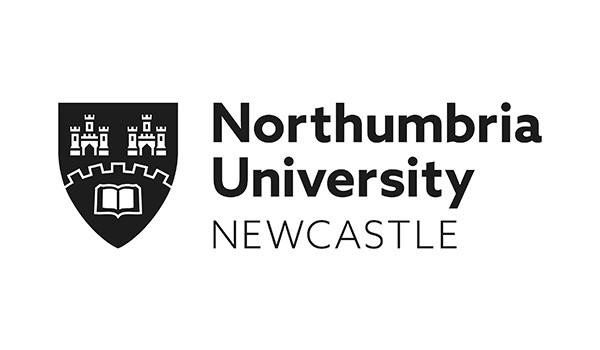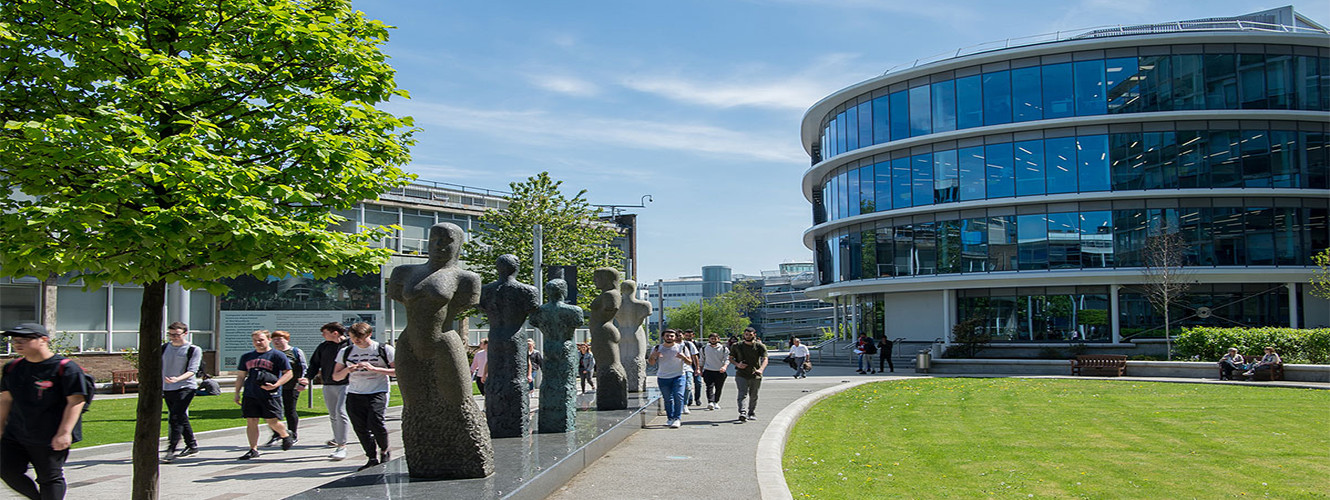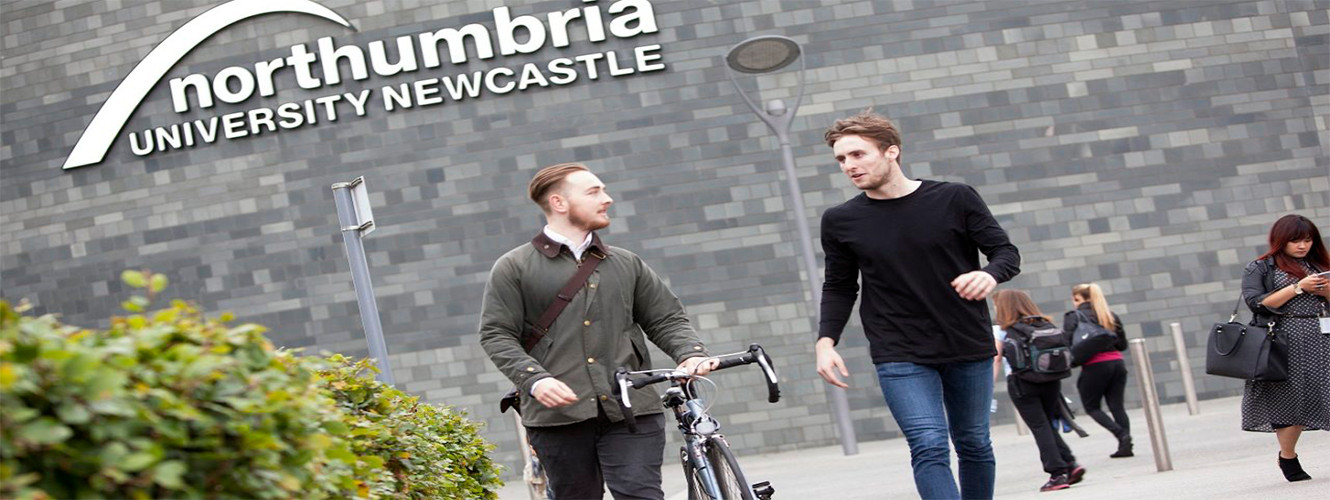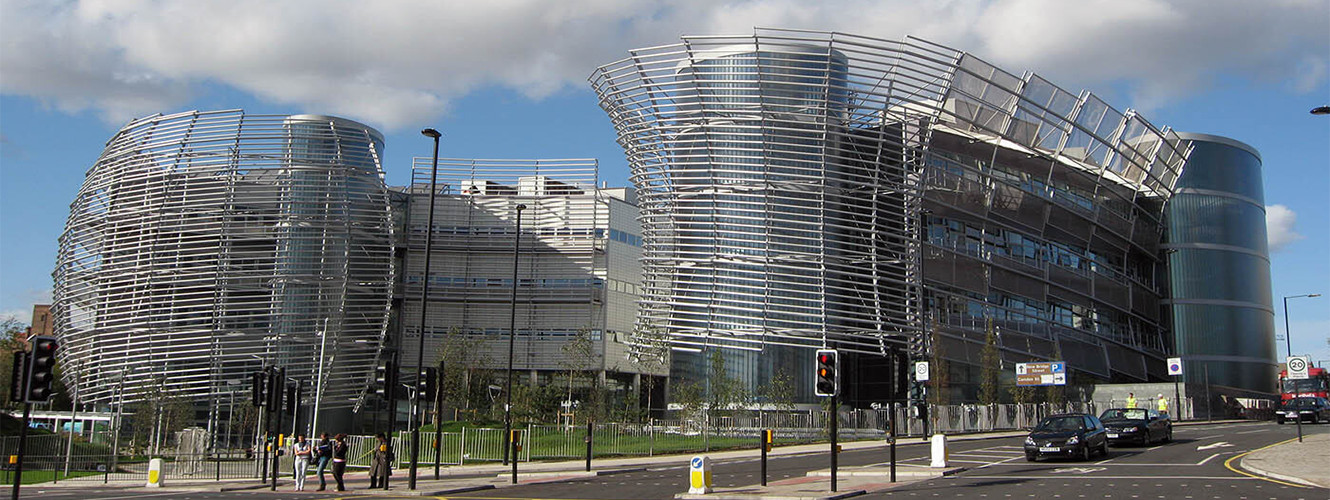UK93 BA (Hons) Music Northumbria University
-
THÔNG TIN CHUNG
Alongside developing your understanding of music, this course will provide you with an in-depth understanding of the richness of music making in the past and the present. You will hone your performance skills to a high level, and follow a distinctive programme that prepares you for a wide range of careers and for freelance work where you may combine performing with teaching and arts administration. You will develop skills – in music theory, techniques of composition and on the keyboard – which you need to succeed as a creative musician in the twenty-first century.
Our approach to performance, history and employability is holistic. You will learn how music is made, how it is consumed, and how it relates to cultural change by studying music from the middle ages to the present day. These historical themes will shape you as a performer who understands audience engagement with music in the past, the present and the future. Our performance and history modules will connect you to the wider city and community, through partnerships with cultural organisations, such as the Samling Institute for Young Artists, the Newcastle Lit & Phil Library and Newcastle Cathedral. We also collaborate with leading national organisations such as Trinity Exam Board and the ISM, and work with local music hubs (which deliver instrumental/vocal teaching in schools) to provide placement opportunities in the music teaching modules.
The degree has been designed alongside a Foundation Year in Music, which offers an opportunity to develop the knowledge and skills needed for degree-level work.
What makes our music degree distinctive is the way in which your real-life work as a musician is prepared through a specially tailored programme in which, in addition to your performing and musicological studies, you will learn how to teach your instrument and how to manage in your career as a musician.
-
CƠ HỘI NGHỀ NGHIỆP
Our aim is to produce graduates who are creative thinkers, with the ability to apply their in-depth knowledge of music in a professional setting. At Northumbria, our partnerships with cultural organisations, such as Newcastle Cathedral, the Samling Institute for Young Artists and Newcastle Lit & Phil, expose you to real working and performance environments. We work with music hubs (which deliver instrumental/vocal teaching to schools) to provide you with opportunities to go out on teaching placements. In collaboration with Trinity Exam Board, we have hosted several events relating to music teaching and graded examinations. Your engagement with teaching opportunities, and your growing understanding of the music industry, will shape you into a musician ready for a freelance portfolio career and to set yourself up in business.
You will be able to gain experience valuable to the world of arts administration, and there is an additional option to take a year of work experience, or study abroad, in the middle of your degree.
Embedded throughout the degree are modules that will prepare you for the world of work. All musicians will at some point teach their instrument, which is why we provide modules that prepare you for music teaching. Today’s musicians are generally self-employed, undertaking a range of different kinds of work. The modules offered on this course will prepare you with the skills necessary for managing your career as a musician. You will develop a historical understanding of music past and present, and skills in theory, techniques of composition and keyboard playing, which you will need to succeed as a creative musician in the twenty-first century.
When you graduate, you will be in an ideal position to go on to postgraduate study. The teaching components of the degree provide an excellent preparation for a PGCE in primary or secondary classroom teaching, and the final-year business option equips you for a Master’s degree in Cultural and Creative Industries Management at Northumbria. Performers will be in a position to audition for postgraduate study at music conservatoires around the country, and other students will be able to continue their musicological studies at Master’s level.
- ĐIỀU KIỆN ĐẦU VÀO
- ĐIỀU KIỆN NGÔN NGỮ
- HỌC BỔNG
- ĐỊA ĐIỂM
Tóm tắt
-
Phí ghi danh
0
-
Độ dài khoá học
3 năm
-
Kỳ nhập học
Tháng 9
Phí Cơ Bản
-
Loại Tiền
-
Học Phí
Trên năm -
Phí Sinh Hoạt
Trên năm -
Tổng






